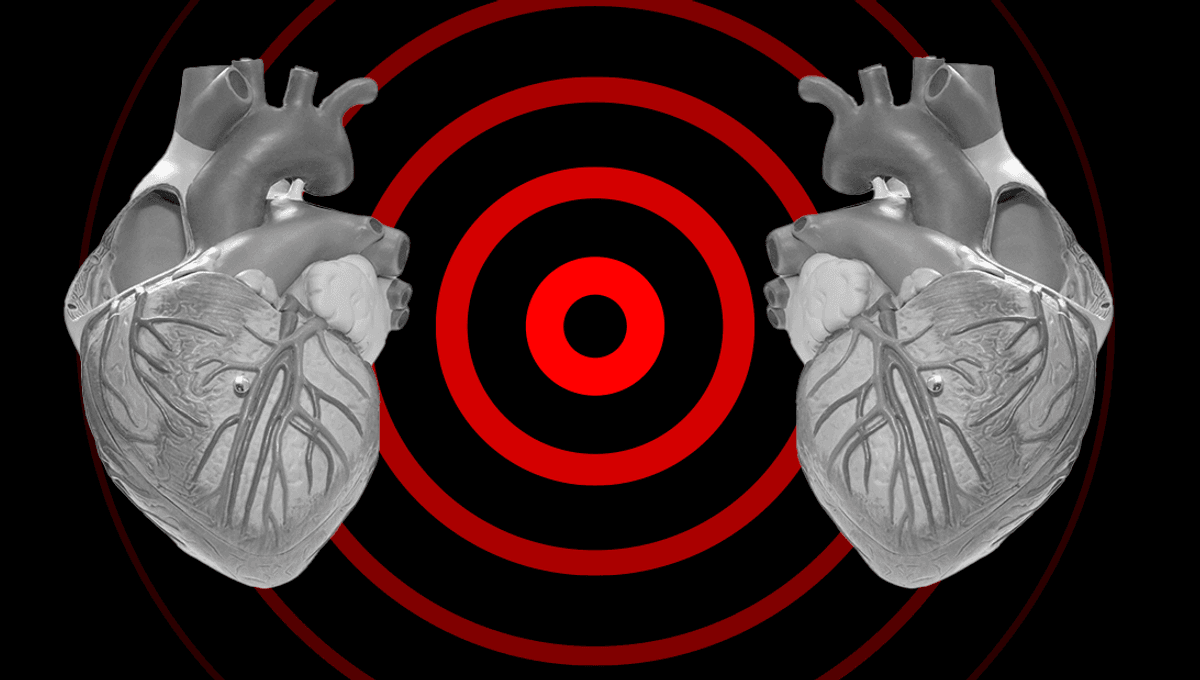
In 2010, a 71-year-old man turned up to an emergency department in Verona, Italy, experiencing shortness of breath. A fairly standard case to see in an ED, it could be assumed. However, this patient was more unique than meets the eye – he had two hearts.
While the man was only born with one – hearts aren’t supposed to come in pairs, unless you’re a Time Lord, of course – that original heart had ended up having numerous problems.
He developed high blood pressure, high cholesterol, and an irregular and abnormally fast heartbeat and eventually, was diagnosed with a rare heart disease known as idiopathic dilated cardiomyopathy, a condition in which the chambers of the heart get bigger and weaker, meaning they can’t pump blood as well.
Though the man was fitted with a pacemaker in 2001, his condition was considered end-stage – eventually, he would need a new heart.
A rare type of transplantation
When performing organ transplantations, surgeons don’t always remove the original diseased organ. Though rare for hearts, that’s exactly what happened in the case of this patient in 2003.
Known as heterotopic heart transplantation, the procedure involves placing the donor heart in the body and connecting its chambers and blood vessels to those of the existing heart, essentially creating a double heart.
This is usually only done in cases where the donor heart would otherwise not be strong enough to function by itself, or when the two hearts are different sizes, but it also has some other advantages. “The procedure can give the patient’s original heart a chance to recover, and if the donor’s heart happens to fail (eg, through rejection), it may be removed, allowing the patient’s original heart to start working again,” the authors of a case study on the 71-year-old patient explained.
What happens when two hearts stop working?
Unfortunately for the man in question, his condition would worsen once again. When he turned up at the ED, it was discovered that there were problems with both hearts; the original heart had a type of irregular rhythm, while the donor’s rhythm was faster than usual.
Eventually, the irregular rhythm ended up affecting the donor heart too, to the point where the patient lost consciousness, stopped breathing, and had no pulse. If you’re not familiar with what’s supposed to take place once that happens, it usually means it’s time to get the defibrillator out.
Thankfully, 200 joules to the chest did the trick. The man’s hearts restarted with a normal rhythm, and when he was well enough for surgery, his pacemaker was switched out for a kind of implantable defibrillator device called a cardioverter.
While the fate of this rare patient 15 years after the fact is unknown, at the time the case study was published, the authors reported that he was “in good clinical condition”, which is about as good as you can hope to get in such a situation.
Source Link: The Curious Case Of The Man With Two Hearts – And What Happened When Both Stopped Working